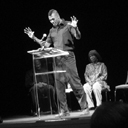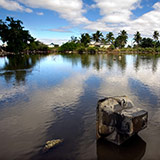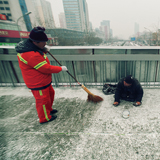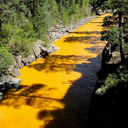
The Protest Poets
Our nation’s language when it comes to race is exhausted. These poets are forging a new one.


Our nation’s language when it comes to race is exhausted. These poets are forging a new one.

Jedediah Purdy explains why there is no more “nature” independent of human activity—and what that means for our politics.

To seek liberation for black people is also to destabilize inequality in the United States at large, and to create new possibilities for all who live here.

The language of choice has proved useless for claiming public resources that most women need in order to maintain control over their bodies and their lives.

How can the reproductive rights movement start to win again? “Start” is the operative word. We’re getting crushed out there.

Megan Erickson joins us to discuss her new book, Class War: The Privatization of Childhood, and how education can’t solve inequality, but can become less unequal.

Only a mass movement by union members and sympathetic workers will transform organized labor into the bold agent of change it once was.

The work of Hungarian thinker and statesman István Bibó provides a guide to his country’s twisted politics.

Feminists shouldn’t just call for a better balance between waged work and housework—between work and work. We should do the unimaginable: ask for more time.

Political scientists Dorothy Solinger and Mark Frazier talk to Jeffrey Wasserstrom about China’s often overlooked urban poor, and how their conditions are—and aren’t—changing.

In his new book, Peter Pomerantsev depicts Russia as a place that has descended into a madness fed by the television programs that it itself inspires. But a crucial element is missing.

Does our basic humanity suffer as we pursue our “dream jobs”? We speak with Miya Tokumitsu, who examines the dangers of the “do what you love” ethic in her new book. Plus: the Seattle teachers’ strike, LA sweatshop struggles, adjunct agony, and the latest in the campaign for workers’ rights at Walmart.

An interview with Book of Numbers author Joshua Cohen.

The Animas River spill highlighted the toxic legacy of the Gold Rush era—an era whose abuses U.S. mining companies are now repeating abroad.

The race to build the biggest and baddest on-demand tutoring platform is on. But is this just another case of “old wine, new bottle” from Silicon Valley?